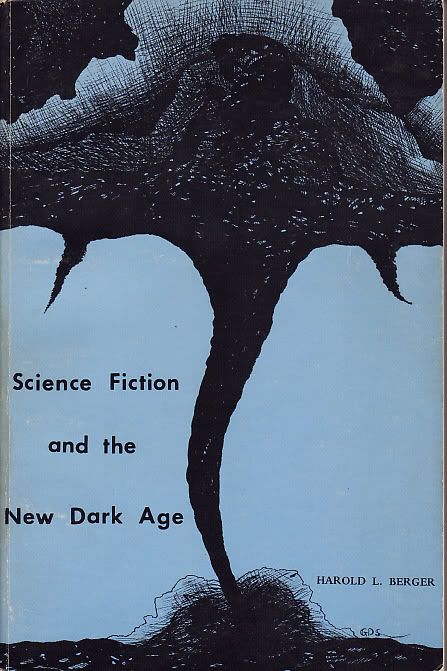Brigitte
Well-Known Member
- Joined
- Aug 28, 2007
- Messages
- 70
Call me old-fashioned, but I'm a big fan of Fahrenheit 451 and 1984. I got to thinking about them this past weekend after catching the movie "Equilibrium". After that movie, I thought to myself, "Hey, they sure don't come out with very many unique Dystopian Society stories like Fahrenheit 451 or 1984 anymore." It seems that the ones I've seen are built off of either one of those two, or both in some cases.
Is this true? Did Ray Bradbury and George Orwell really set the bar so high that no new masterpiece can be made?
Is this true? Did Ray Bradbury and George Orwell really set the bar so high that no new masterpiece can be made?


